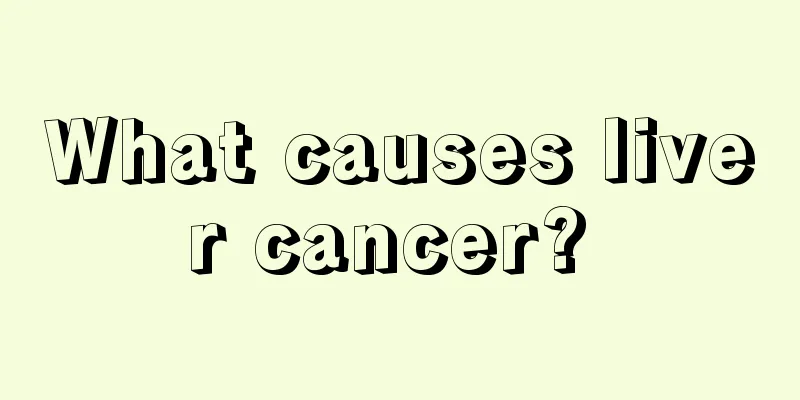What are the symptoms of mid-stage brain cancer?

|
What are the symptoms of mid-stage brain cancer? 1. Headache: The headache is usually severe and often occurs in the early morning. Sometimes the patient wakes up from sleep with pain, but the headache will gradually ease or disappear after getting up and doing some light activity. 2. Vomiting: Due to the increase in intracranial pressure, the respiratory center in the medulla oblongata is stimulated, resulting in vomiting. Vomiting often occurs after a headache and is in the form of a jet. 3. Visual impairment: When the intracranial pressure increases, the venous blood return of the eyeball may be blocked, causing congestion and edema, damaging the visual cells on the retina of the fundus, and causing decreased vision. 4. Mental abnormalities: Brain tumors located in the frontal lobe of the brain can destroy the mental activities of the frontal lobe, causing mental abnormalities such as excitement, agitation, forgetfulness, depression, fabrication and so on. 5. Unilateral limb paresthesia: The parietal lobe, located in the middle of the cerebral hemisphere, is responsible for sensation. Tumors in this area often cause decreased or absent sensations of pain, temperature, vibration, and body shape in one side of the limb. 6. Olfactory hallucination: Tumors in the temporal lobe may cause olfactory hallucinations, that is, the smell of an odor that does not exist, such as burnt rice or burnt rubber. 7. Hemiplegia or staggering gait: Cerebellar lesions are more specific, that is, patients often experience hemiplegia or staggering gait of drunkenness after headache, vomiting, and visual impairment. 8. Tinnitus and deafness: This is often found when making a phone call, that is, one ear can hear but the other ear cannot. This symptom is often a precursor to acoustic neuroma. 9. Gigantism: It is often seen in pituitary tumors. The patient grows rapidly and develops acromegaly (large chin, big nose, enlarged lips and tongue, and abnormally large hands and feet). |
<<: What are the late symptoms of laryngeal cancer
>>: What are the symptoms of cervical neurofibroma
Recommend
Can edible alkali be used to wash fruits?
Because all fruits and vegetables are sprayed wit...
How to cool down a room quickly
Summer is here, and the temperature is particular...
Can I live a normal lifespan if nasopharyngeal cancer is cured?
Whether patients with nasopharyngeal carcinoma ca...
How to clean new tea sets before use?
Many people like to drink tea. We all know that d...
What should patients with esophageal cancer pay attention to in their diet
A common symptom of esophageal cancer patients is...
What is the reason for cold back and fear of cold
Traditional Chinese medicine believes that, as fa...
Why does my tongue go numb after eating pineapple?
Pineapple is a kind of tropical fruit. Pineapple ...
What to do if a hen lays eggs and eats them herself
Many chicken farmers will find that their hens wi...
What to do if your legs are not straight
Many women have high requirements for themselves,...
How to deal with new kimchi jars
People in most areas prefer to eat kimchi, becaus...
Can I use moxa during menstruation?
In today's society, many people pay great att...
What are the transmission routes of prions
Prions, also known as protein infection factors, ...
Can lung cancer be cured early?
Can lung cancer be cured early? 1. Lung cancer ca...
How to treat nitric acid burns
Nitric acid burns are a relatively serious condit...
What are the treatments for liver cancer? How can liver cancer be treated?
Many patients have missed the best treatment oppo...









